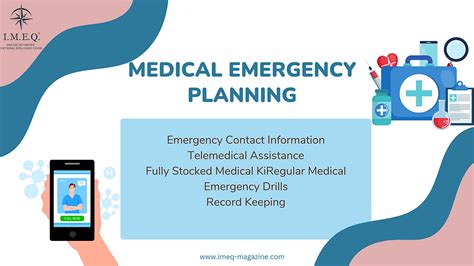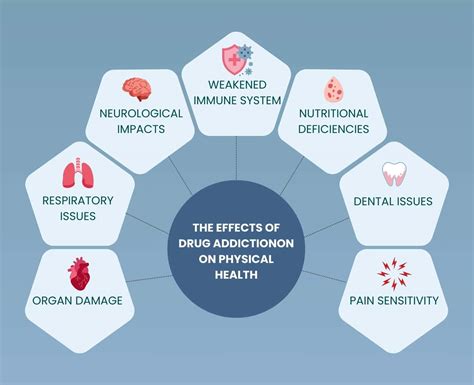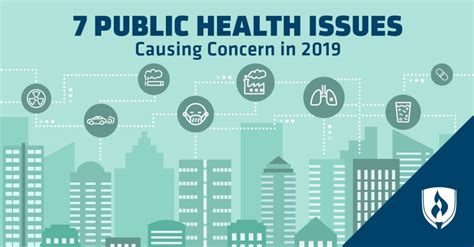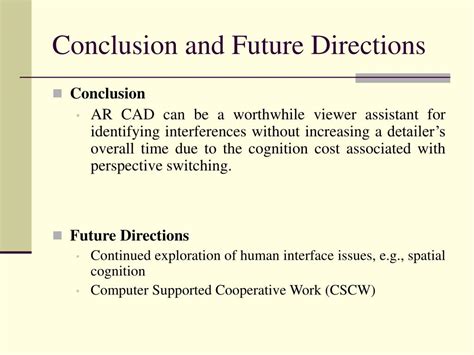Intro
Discover the meaning of PCP medical term, exploring its relation to primary care physicians, phencyclidine, and medical abbreviations, to understand its significance in healthcare and medicine.
Phencyclidine, commonly referred to as PCP, has a multifaceted presence in medical and non-medical contexts. Initially developed as an anesthetic, its medical use was discontinued due to severe side effects. However, understanding what PCP is in medical terms can provide insight into its historical use, its effects on the human body, and why it's no longer used in clinical settings.
PCP, or Phencyclidine, was first synthesized in the 1950s with the intention of creating a potent anesthetic that would have minimal depressive effects on the respiratory and cardiovascular systems. It was indeed effective as an anesthetic but soon was found to have significant psychotropic effects, leading to its withdrawal from medical use in humans in the 1960s. Despite this, its mechanism of action and effects continue to be studied for their implications in neurology and psychiatry.
The drug acts primarily by blocking NMDA receptors in the brain, which are critical for synaptic plasticity, memory formation, and learning. This blockade leads to a dissociative state, characterized by a sense of detachment from one's body and the environment. Other effects include hallucinations, both visual and auditory, and in higher doses, PCP can induce a state of catatonia or coma.
Given its potent effects on the central nervous system, research into PCP has contributed to a broader understanding of how certain neurotransmitter systems function, particularly those involving glutamate, the neurotransmitter that NMDA receptors respond to. This knowledge has implications for the study and treatment of various neurological and psychiatric disorders, including schizophrenia, where NMDA receptor dysfunction is hypothesized to play a role.
Despite its potential for contributing to medical science, PCP is more commonly known for its abuse and the severe health risks it poses. Its use can lead to addiction, and chronic users can experience severe psychological effects, including suicidal thoughts, and physical effects such as muscle rigidity and seizures. The drug's dissociative effects can also impair cognitive function and judgment, increasing the risk of accidents and violent behavior.
Medical Uses and Research

While PCP itself is not used medically, its study has paved the way for the development of drugs that target the NMDA receptor for therapeutic purposes, such as in the treatment of neuropathic pain and depression. Moreover, ketamine, a drug related to PCP, has been found to have rapid-acting antidepressant effects, highlighting the potential of NMDA receptor modulation in psychiatric treatment.
Therapeutic Potential of NMDA Receptor Modulators
The therapeutic potential of drugs that modulate NMDA receptors is a significant area of research. These drugs can offer new avenues for treating conditions that are currently difficult to manage with existing medications. The rapid antidepressant effects of ketamine, for instance, have opened new possibilities for the treatment of severe depression, including suicidal ideation.Abuse and Health Risks

The abuse of PCP poses significant health risks. Users can experience a range of effects from euphoria and hallucinations to severe psychosis and suicidal thoughts. The drug can also lead to physical health issues, including increased heart rate and blood pressure, which can be particularly dangerous for individuals with pre-existing heart conditions.
Signs and Symptoms of PCP Abuse
Identifying PCP abuse can be challenging due to its variable effects, but signs and symptoms can include agitation, aggression, and bizarre behavior. Users may also exhibit signs of dissociation, appearing to be in a trance-like state or having difficulty responding to their environment.Treatment and Rehabilitation

Treatment for PCP abuse typically involves a combination of medical and psychological interventions. In the acute phase, medical treatment may focus on managing symptoms and preventing complications, such as seizures or psychosis. Long-term treatment often involves behavioral therapies aimed at addressing addiction and any underlying psychiatric issues.
Behavioral Therapies for Substance Abuse
Behavioral therapies, including cognitive-behavioral therapy (CBT) and contingency management, have been shown to be effective in treating substance abuse disorders, including PCP addiction. These therapies help individuals understand the motivations behind their drug use and develop strategies to avoid relapse.Legal Status and Public Health Concerns

PCP is classified as a Schedule II controlled substance in the United States, indicating a high potential for abuse but also potential for medical use with strict regulation. The public health concerns surrounding PCP are significant, given its potential for addiction and the severe health risks associated with its use.
Prevention and Education
Prevention and education are key components in addressing the public health concerns related to PCP and other substances. Educational programs can help raise awareness about the risks of substance abuse and promote healthy lifestyle choices. Community-based initiatives can also play a crucial role in providing support and resources for individuals and families affected by substance abuse.Conclusion and Future Directions

In conclusion, while PCP itself is not used medically due to its severe side effects, research into its mechanism of action has contributed significantly to our understanding of neurology and psychiatry. The drug's potential for abuse and the health risks it poses underscore the need for continued education and prevention efforts. Future research directions may include the development of safer NMDA receptor modulators for therapeutic use and further exploration of the rapid-acting antidepressant effects of ketamine and related compounds.
Emerging Trends and Research
Emerging trends in substance abuse treatment, including the use of medication-assisted therapy and novel behavioral interventions, offer hope for more effective management of addiction. Ongoing research into the neurobiological underpinnings of substance use disorders will be crucial in developing targeted treatments that address the complex needs of individuals struggling with addiction.What is PCP used for medically?
+PCP is not currently used medically due to its severe side effects, but research into its mechanism of action has contributed to the development of drugs targeting the NMDA receptor for therapeutic purposes.
What are the health risks of PCP abuse?
+The health risks of PCP abuse include addiction, severe psychological effects such as suicidal thoughts, and physical effects like muscle rigidity and seizures.
How is PCP addiction treated?
+Treatment for PCP addiction typically involves a combination of medical and psychological interventions, including behavioral therapies aimed at addressing addiction and any underlying psychiatric issues.
As we continue to navigate the complexities of substance abuse and its treatment, it's essential to remain informed and engaged. If you or someone you know is struggling with substance abuse, seeking professional help is a crucial step towards recovery. By supporting research, education, and community initiatives, we can work together to address the challenges posed by substances like PCP and promote healthier communities. Share your thoughts and experiences in the comments below, and let's work towards a future where substance abuse is no longer a barrier to achieving full potential.
